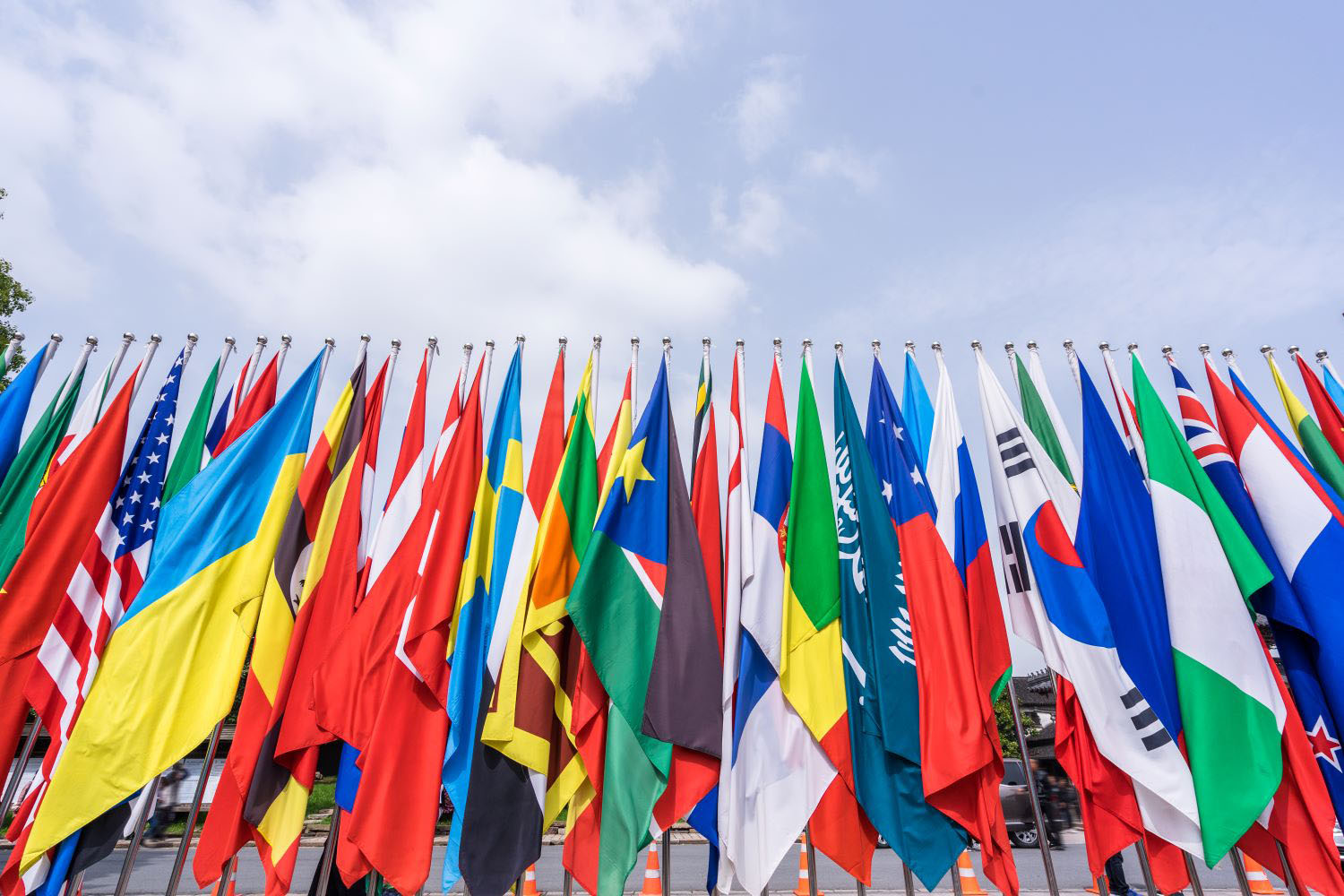Recommended
Next week, the development community will meet in Geneva for the Effective Development Co-operation Summit organized by the Global Partnership for Effective Development Cooperation (GPEDC). The summit is the third high-level meeting (HLM) of the GPEDC—following from prior HLMs in Mexico City (2014), Nairobi (2016), and a senior-level meeting held in New York in 2019—and aims to produce a joint commitment for more “action” towards effective cooperation. Yet this year’s meeting comes at a time where the future of the effectiveness agenda is under pressure, with some suggesting that the agenda is functionally dead, due in part to declining political interest in effectiveness.
In this blog, I argue that a new political commitment for development effectiveness is urgently needed to drive implementation in support of the 2030 Agenda. Without it, there are real questions about whether the effectiveness agenda can meaningfully survive. In this context, the upcoming Geneva Summit provides not only an opportunity to reassert the agenda’s relevance, but a test of the political will available to drive its implementation in the years ahead.
Political interest in the effectiveness agenda is waning
Political enthusiasm for the effectiveness agenda has declined since reaching a peak somewhere between the 2005 Paris Declaration on Aid Effectiveness and the 2011 High-Level Forum on Aid Effectiveness held in Busan. In its prime, this agenda featured in G7 communiques (Gleneagles and Lough Erne) and was considered a critical part of forwarding-looking commitments for improving the quality—as well as the quantity—of development engagement. Yet in the years following Busan, momentum for effectiveness waned alongside a renewed pressures to link development spending to provider interests, making the “what” of development action a higher political priority than the “how”. Alongside broader changes in the global development landscape, including the need to respond to a host of pressing and immediate challenges, a non-binding commitment for effectiveness fell down the list of priorities.
At the same time, decreased engagement in the GPEDC process from key participants in the Busan Agreement, notably the BRICS countries (Brazil, Russia, India, China, and South Africa), has raised questions about the viability of a global agenda that is not globally supported. Since Busan, successive GPEDC summits have drawn less engagement from large middle-income countries—Brazil attended the 2014 summit in Mexico City but did not actively participate or attend further meetings, China and India have not attended since Busan—while many members of the Organization for Economic Cooperation and Development’s (OECD) Development Assistance Committee (DAC) have not sent high-level representatives. In this context, the GPEDC has repeatedly identified the need to “build political momentum” for effectiveness as a priority in the lead-up to the upcoming Summit, noting the importance of reinforcing the political commitment for effectiveness in its current Work Programme and in the lead-up to the Summit.
Why do we need a renewed political commitment for effectiveness?
Political commitment for effectiveness is an important driver of the agenda’s implementation. This was demonstrated in our recent analysis, which used a survey of officials from development agencies to understand perspectives on the continued relevance and challenges facing the effectiveness agenda. Responses to the survey showed that while there was strong support for effectiveness principles, declining political interest had reduced both the individual incentives for officials in development agencies to prioritize its implementation over other priorities and the institutional incentives to invest in the internal structures and capabilities needed to deliver on effectiveness.
The issue is perhaps most clearly demonstrated through declining performance on key indicators of development effectiveness. A 2022 Elmau Progress Report, which monitors the G7’s progress on implementing key development-related commitments, for instance, gave the group a score of “below expectations” on the implementation of its effectiveness-related commitments, showing declining scores on GPEDC indicators including the medium-term predictability of cooperation flows, the use of country financial management systems, and “on budget” spending remaining below a 2013 baseline. The GPEDC’s 2018 Monitoring Round, the latest available, similarly showed declining performance against several indicators.
Can the GPEDC’s effectiveness summit deliver a renewed political commitment?
Taken together, the point is that the declining implementation of the effectiveness agenda—alongside waning political interest—is no longer theoretical. There is hard evidence that the principles are losing momentum not only in the minds of policymakers, but in the actions of those responsible for managing the “how” of development. As we approach the upcoming Geneva Summit, a key question facing the GPEDC is whether high-level engagement will materialize, and if not, what this might mean for the future implementation of an already struggling agenda?
At this stage, it is unclear whether the upcoming Summit will do more to renew political attention than prior years. The picture unfolding (at least from the Summit Programme) appears to broadly follow past trends in terms of attendance, with seemingly limited high-level political representation from OECD members beyond those serving as current and incoming GPEDC co-Chairs. And while the Summit is expected to see a strong showing from cooperation recipients—including at the Ministerial level—as well as some BRICS engagement as China is expected to attend, questions remain about whether renewed political momentum is possible without broader high-level engagement. Indeed, the closing line of the Summit’s (current draft) outcome document calls for continued efforts to build political momentum for effectiveness, so it is perhaps a foregone conclusion that re-building political interest will remain an ongoing task.
Without a political commitment, the effectiveness agenda is only good intentions
Without the political signal that the effectiveness agenda is a priority, it is difficult to see how its implementation could meaningfully improve. At the halfway point for achieving the Sustainable Development Goals (SDGs) there is a role for effective cooperation to contribute to better outcomes, but only if the talk of effectiveness is matched with commensurate action.
While we will wait and see what emerges from next week’s Summit, in the years ahead, the new co-Chairs should make political leadership for effectiveness a priority. There may even be opportunities for their own governments to champion the agenda in the international arena—Sweden, for instance, which is taking over as co-Chair from Switzerland, has long been viewed as a global leader in effective cooperation. These opportunities must be leveraged if the effectiveness agenda is to inspire action in the years ahead.
The author would like to thank Mikaela Gavas and Sara Casadevall Bellés for their helpful review.
Disclaimer
CGD blog posts reflect the views of the authors, drawing on prior research and experience in their areas of expertise. CGD is a nonpartisan, independent organization and does not take institutional positions.





